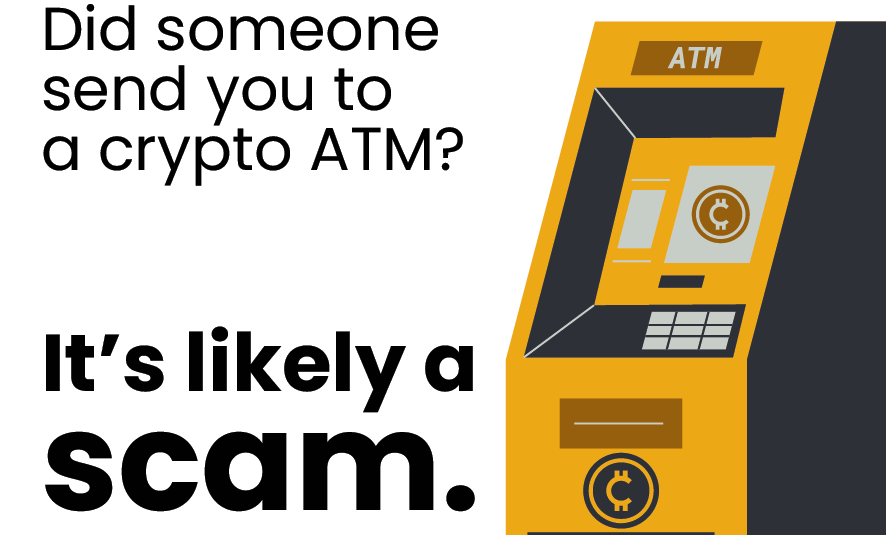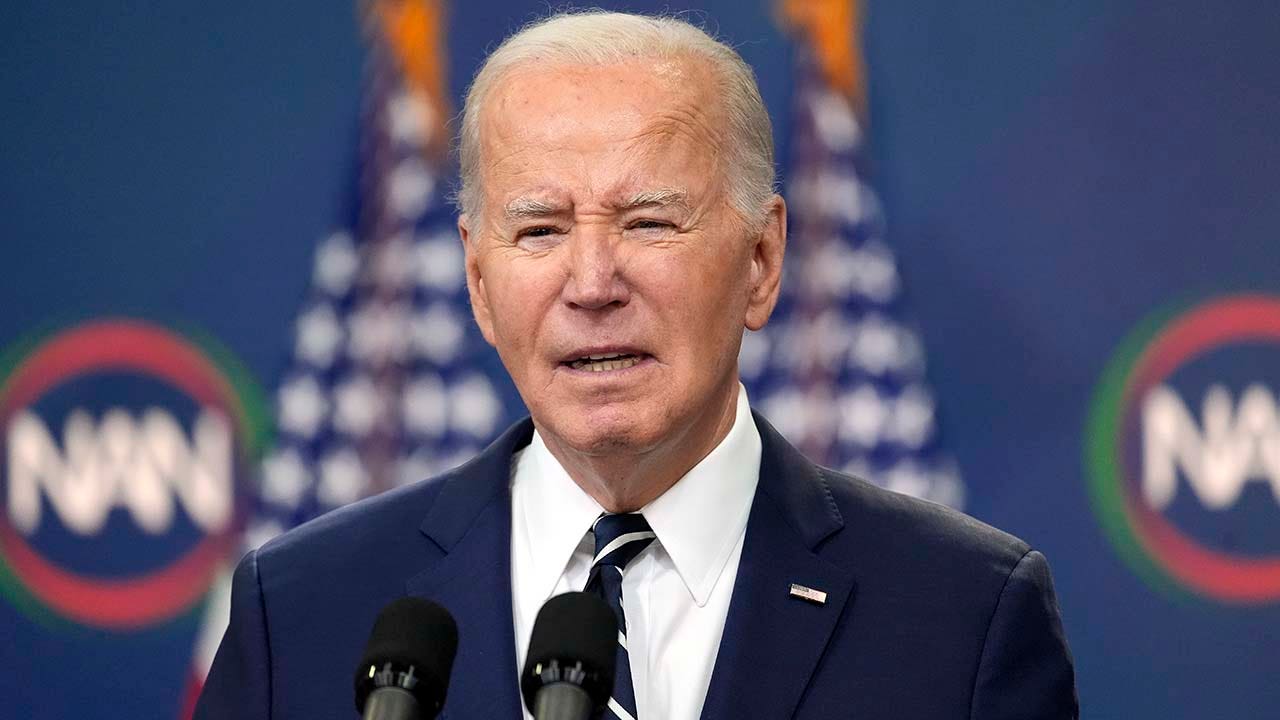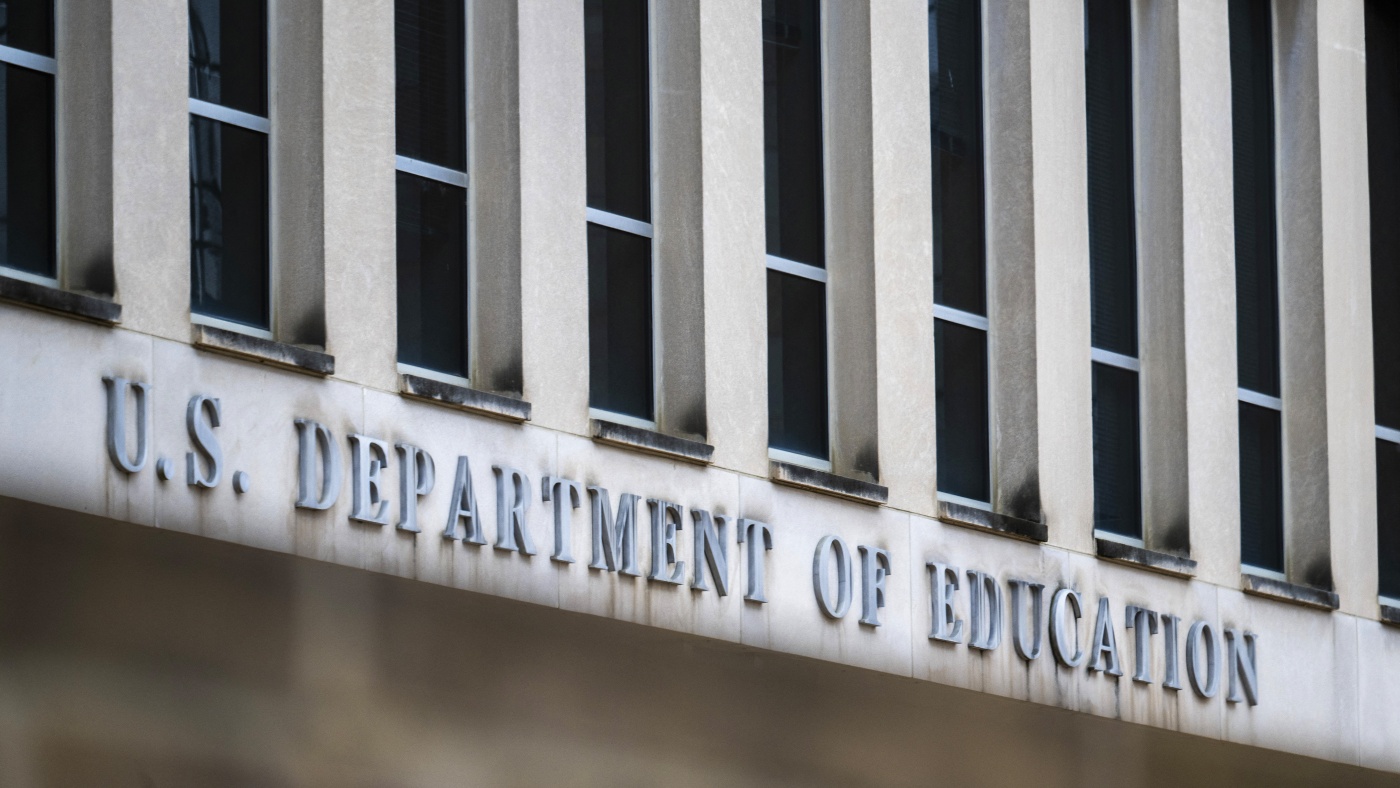Crypto
What Is Worldcoin? Here’s What To Know About The Eyeball-Scanning Crypto Project Launched By OpenAI’s Sam Altman

Topline
Worldcoin, the ambitious cryptocurrency and digital ID project spearheaded by OpenAI chief Sam Altman, launched on Monday after years in development, promising to verify users’ identity by scanning their eyes and potentially solving one of the more pressing problems posed by recent advances in artificial intelligence that have made it harder to tell whether something was made by humans or an algorithm.
Sam Altman cofounded Worldcoin.
Getty Images
Key Facts
At the heart of the Worldcoin project is an eye-scanning “orb,” which must be used in-person and gives users a unique digital identity to verify they are a real human and not a bot.
A cryptocurrency—which can be used once a user has verified their identity and is also named Worldcoin—and an app that allows users to make payments, purchase and transfers with it, as well as other digital assets, are also key parts of the project.
After collecting more than 2 million users during a beta period, Worldcoin on Monday said it is now going to ramp up its eyeball-scanning operations to 35 cities across 20 countries.
The Worldcoin cryptocurrency token has also been issued to eligible people taking part in the beta and is now tradable, the project said.
Several exchanges have now listed the token or stated their intention to do so, including Binance, the world’s largest crypto exchange by trading volume.
Alex Blania, who cofounded Worldcoin with Altman, said the need to prove a person is real is “no longer a topic of serious debate” in the age of AI, adding that Worldcoin hopes to build a “privacy-first, decentralized and maximally inclusive” way of addressing this problem.
What We Don’t Know
The Worldcoin cryptocurrency is not currently available in the U.S., the Financial Times reported. It’s not clear when, or if, this will change, and comes amid a broader push by U.S. regulators to crack down on digital assets amid growing concerns it helps facilitate fraud and speculation. Altman told the FT the “U.S. does not make or break a project like this,” though he did say the group did not anticipate the project would become a “world minus the U.S. coin.”
Tangent
Since its informal launch several years ago, the Worldcoin project has had its fair share of critics. Key concerns revolve around the use of biometric data—the eye scans—to verify users’ identity, particularly the privacy risks involved with collecting, storing and using such data. To some, the fact that the project incentivized early users to sign up in exchange for some of the cryptocurrency functioned as an outlandish bribe. Given that a key use of the blockchain, the technology underpinning cryptocurrencies and other distributed networks, is to obscure one’s identity, others disagree with the very premise of Worldcoin being used to identify people in such a personal and precise manner.
What To Watch For
Altman said he hopes to get 2 billion users signed up to Worldcoin now the platform has formally launched. It’s unclear how quickly the company will be able to scale, particularly given the need for in-person appointments. Worldcoin’s website says it is actively onboarding orb operators in additional locations and that 2,000 orbs have been manufactured.
Crucial Quote
Altman said a project like Worldcoin “feels especially important in the AI era” when it’s becoming increasingly difficult to tell the work of humans and machines apart. “Like any really ambitious project, maybe it works out and maybe it doesn’t, but trying stuff like this is how progress happens,” Altman said. “In either case, we especially love our haters, it gives us energy, please keep it coming!
Further Reading
Sam Altman’s Worldcoin begins international rollout (FT)
AI Could Cause Human ‘Extinction,’ Tech Leaders Warn (Forbes)

Crypto
Attorney General Jackson and Secretary of State Marshall Launch Crypto Scams Prevention Effort

Crypto
Bank of America Embraces On-Chain Data Analysis for Cryptocurrency Insights

Bank of America has been discreetly preparing for potential disruptions in the cryptocurrency market by focusing on on-chain data analysis. This strategic move is aimed at better understanding the volatile nature of digital currencies and gaining deeper insights into market trends, investor behavior, and potential risks. The bank has been conducting extensive research and analysis on blockchain data, which allows for a more granular understanding of the market compared to traditional financial metrics.
By analyzing blockchain data, Bank of America can track transactions, monitor wallet activity, and assess the overall health of the cryptocurrency ecosystem. This approach enables the bank to make more informed decisions and mitigate risks associated with the cryptocurrency market. The shift towards on-chain data analysis reflects a broader trend within the financial industry, as institutions increasingly recognize the need to integrate blockchain analysis into their risk management strategies.
This proactive approach by Bank of America underscores its commitment to staying ahead in an ever-evolving financial landscape. The bank’s efforts are part of a larger initiative to enhance its capabilities in the digital asset space. By leveraging on-chain data, Bank of America aims to provide more comprehensive and accurate assessments of the cryptocurrency market, thereby better serving its clients who are increasingly interested in digital currencies and blockchain technology.
The move by Bank of America to focus on on-chain data analysis is a significant development in the financial industry. It highlights the growing importance of blockchain technology and the need for financial institutions to adapt to the changing landscape. As the cryptocurrency market continues to evolve, Bank of America’s proactive approach positions it well to navigate the challenges and opportunities that lie ahead. This strategic shift not only enhances the bank’s risk management capabilities but also demonstrates its readiness to embrace the future of finance.
Crypto
House Votes on Key Cryptocurrency Bills This Week

The U.S. House of Representatives is poised to vote on several pivotal cryptocurrency bills this week, marking a crucial juncture in the regulatory evolution of digital assets. The legislative package under consideration includes the CLARITY Act, the GENIUS Act, and the Anti-CBDC Surveillance State Act, each addressing distinct facets of the cryptocurrency ecosystem to foster a more structured and transparent market.
The CLARITY Act, formally known as the Digital Asset Market Clarity Act of 2025, is designed to establish clear, functional requirements for participants in the digital asset market. This legislation aims to enhance consumer protection while encouraging innovation, ensuring that the market operates within a well-defined regulatory framework. The GENIUS Act, meanwhile, focuses on stablecoin regulations, offering a comprehensive approach to managing these digital assets. The Anti-CBDC Surveillance State Act seeks to prohibit the Federal Reserve from issuing a central bank digital currency (CBDC), underscoring the importance of privacy and individual control over financial transactions.
The White House has highlighted the significance of this legislative push, with digital asset adviser Bo Hine referring to it as “Crypto Week.” This initiative is part of a broader effort to integrate cryptocurrencies into the mainstream financial system, balancing the need for regulation with the potential for innovation. The House Committee on Financial Services, led by Chairman French Hill, has been at the forefront of this agenda, emphasizing the importance of these bills in providing a clear regulatory framework for digital assets. This framework is essential for both consumer protection and market stability, and the committee’s efforts have garnered support from various stakeholders, including industry experts and policymakers.
The voting process is anticipated to attract close scrutiny from industry participants and regulators, as the outcomes will have wide-ranging implications for the future of digital assets in the U.S. The CLARITY Act is particularly notable, as it is seen as a foundational element of the regulatory framework, offering much-needed clarity on the legal status of digital assets and the responsibilities of market participants. The GENIUS Act and the Anti-CBDC Surveillance State Act complement this effort by addressing specific areas of concern within the cryptocurrency ecosystem.
As the House of Representatives prepares to vote on these bills, the focus remains on creating a balanced regulatory environment that supports innovation while protecting consumers. The outcomes of these votes will significantly influence the future trajectory of digital assets in the U.S., setting the stage for further developments in this dynamic and rapidly evolving field.
-

 Culture1 week ago
Culture1 week agoTry to Match These Snarky Quotations to Their Novels and Stories
-

 News6 days ago
News6 days agoVideo: Trump Compliments President of Liberia on His ‘Beautiful English’
-

 News1 week ago
News1 week agoTexas Flooding Map: See How the Floodwaters Rose Along the Guadalupe River
-
Business1 week ago
Companies keep slashing jobs. How worried should workers be about AI replacing them?
-
Finance1 week ago
Do you really save money on Prime Day?
-

 Technology1 week ago
Technology1 week agoApple’s latest AirPods are already on sale for $99 before Prime Day
-

 News5 days ago
News5 days agoVideo: Clashes After Immigration Raid at California Cannabis Farm
-

 Politics1 week ago
Politics1 week agoJournalist who refused to duck during Trump assassination attempt reflects on Butler rally in new book




















